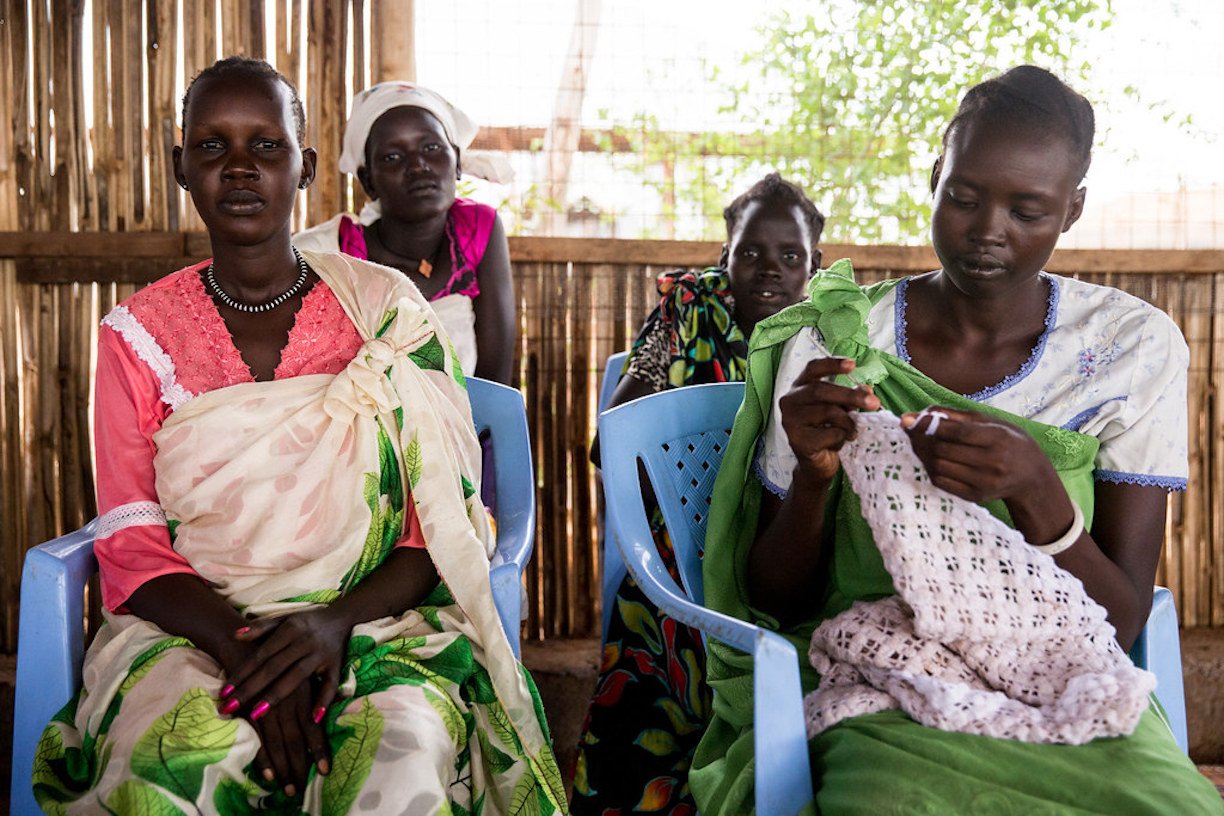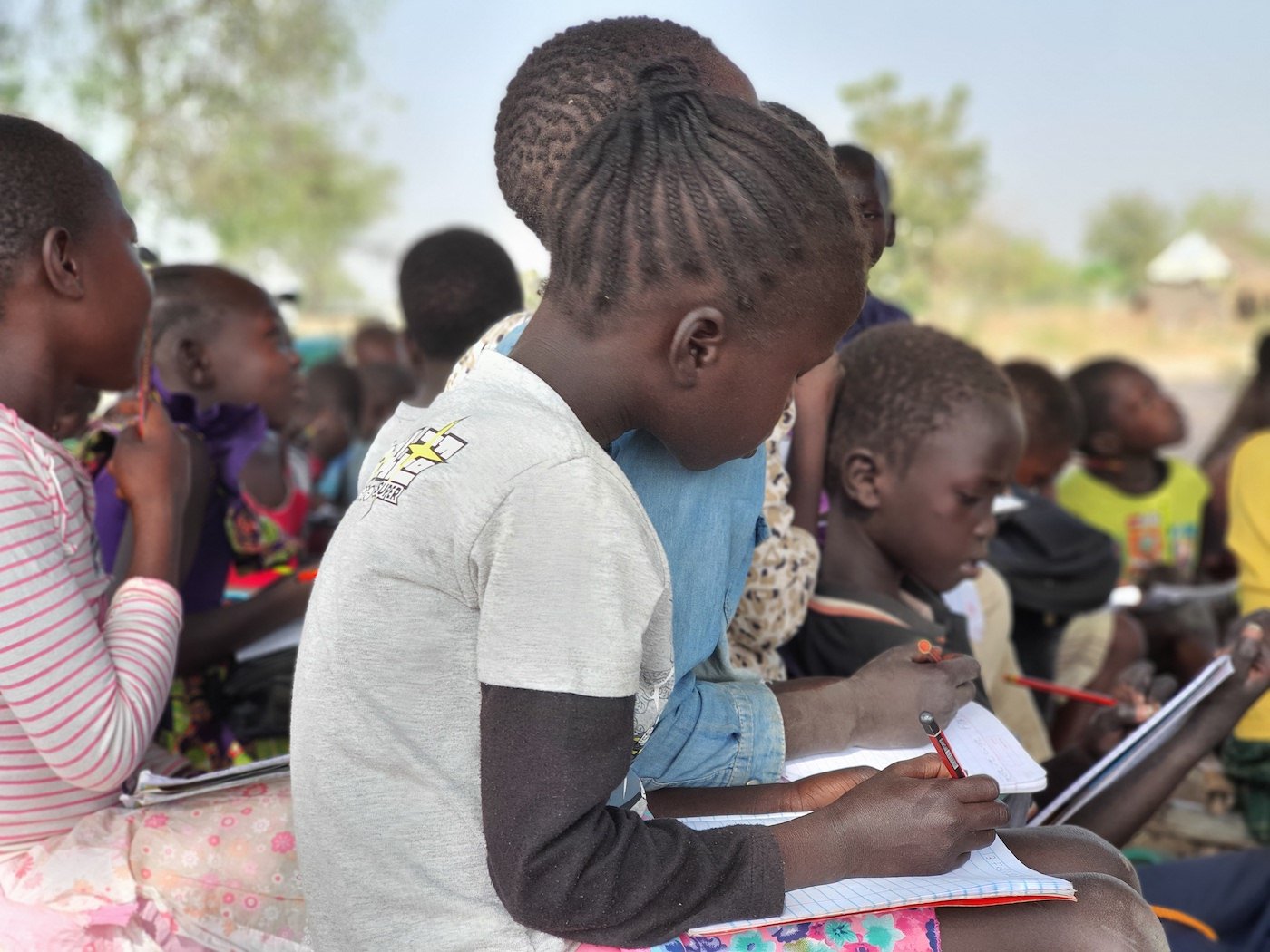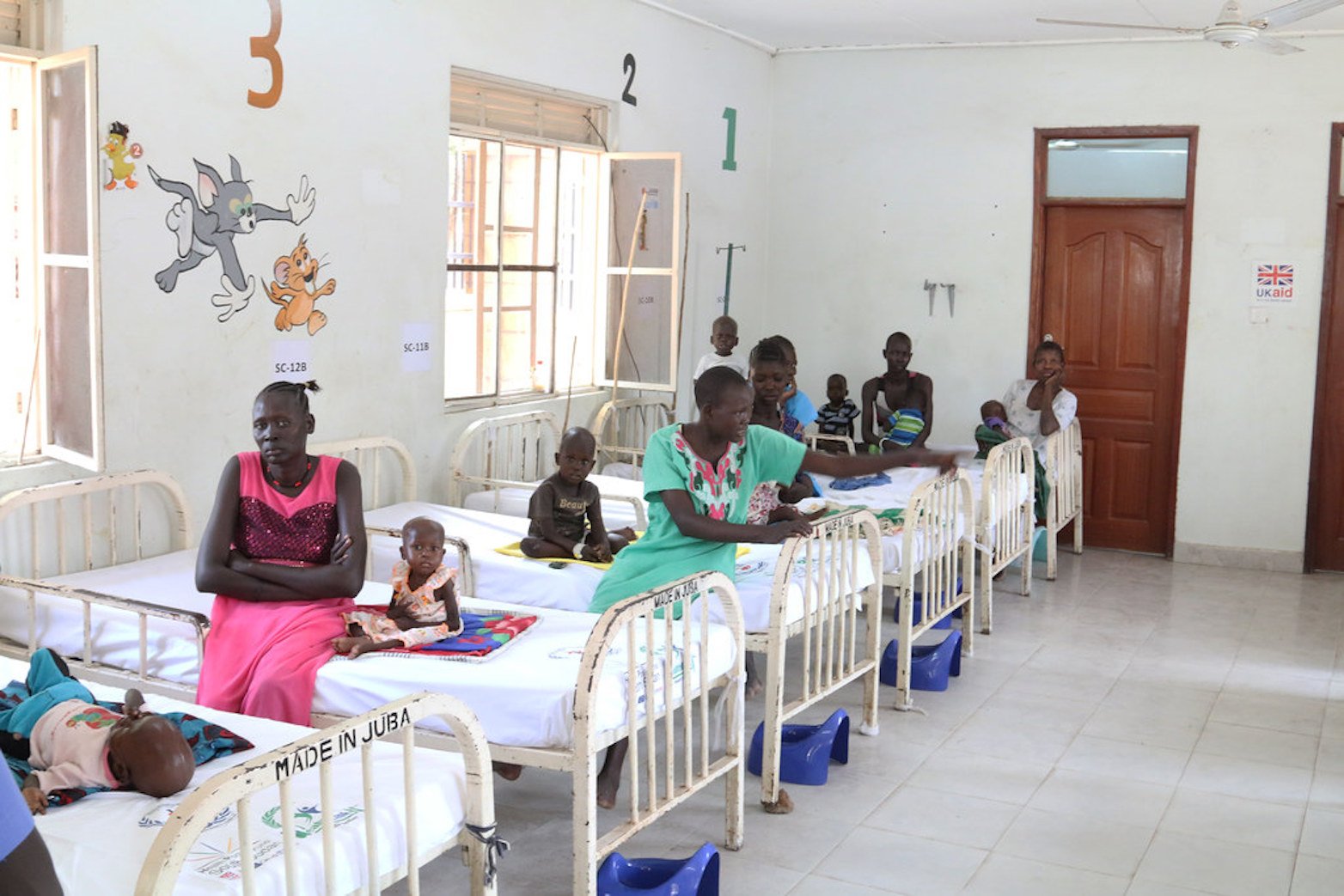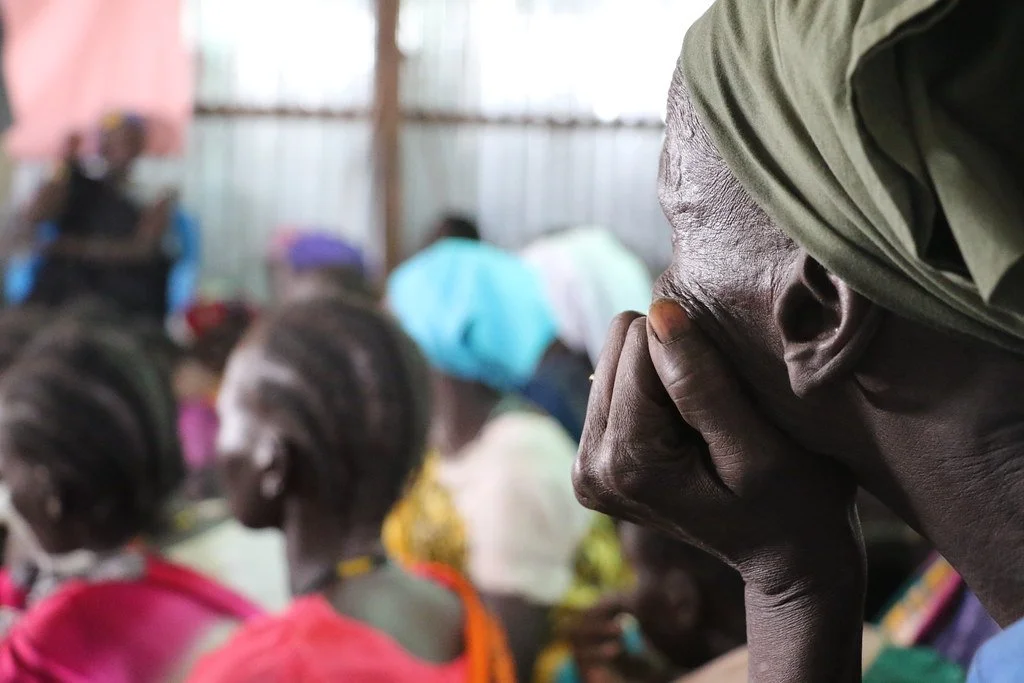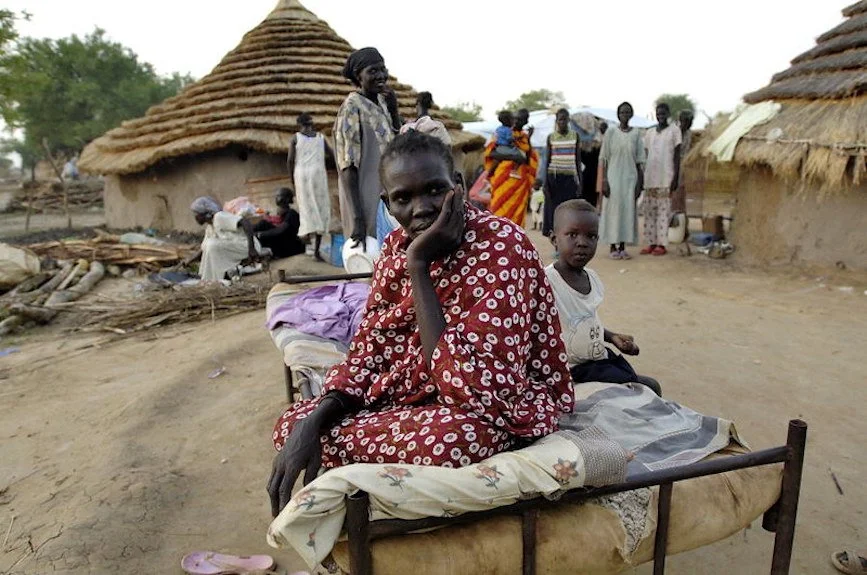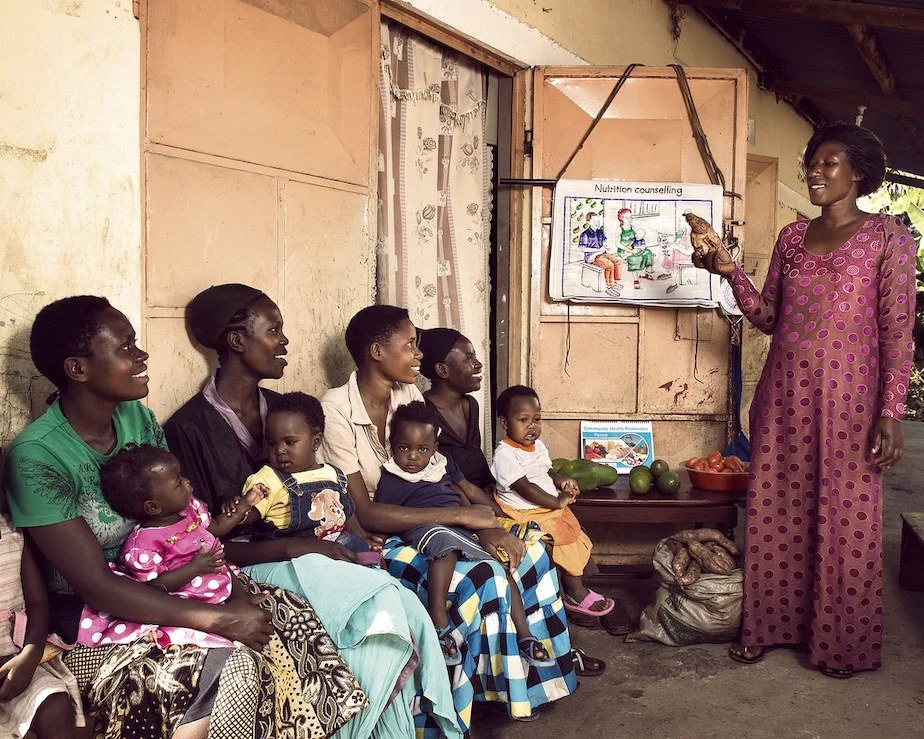An increasing amount of discrimination and violence is targeting Sudanese women.
South Sudanese women. UNMISS. CC-BY-NC-ND 2.0.
From lack of education to child marriage, women living in South Sudan face a growing number of hardships. As political conflict has led to increasing violence towards women, they need more support than ever. Here are some ways that women face discrimination and violence in South Sudan, along ways to combat their oppression and how to get involved.
Education
Education in South Sudan. David Bida. CC BY-SA 4.0.
The lack of education for girls in South Sudan is a crucial issue, as only 27 percent of girls are in primary school and about 80 percent are illiterate. A contributing factor to this crisis is child marriage, which is a prevalent issue in the country. Girls can get married as young as 14 years old in South Sudan, causing it to be almost impossible for these girls to complete their education. Sudanese women are actually more likely to die from childbirth than receive a primary education. Younger girls are affected as well — 73 percent of South Sudanese girls aged 6 to 11 do not attend school, which can be attributed to poverty and gender discrimination.
Health
Women and children in a South Sudanese hospital. Robert Oxley. CC BY 2.0.
One of the most severe crises in women’s health is maternal death during childbirth. About 730 out of 100,000 child births end in maternal death. This high ratio could be attributed to the lack of primary care resources for women, including access to hospitals during delivery. Ongoing national conflicts contribute towards this scarcity of healthcare, also leaving mothers to care for their children while fathers are fighting, as well as force them to postpone needed medical care to do so.
Violence
Displaced sexual violence victims in South Sudan. Anouk Delafortrie. CC BY-NC-ND 2.0.
Another threat to women in South Sudan is increasing sexual violence. Political conflicts have led women to become victims of revenge crimes by the military, such as assault and rape. Not only does this lead to physical and psychological consequences, but it can also increase the spread of HIV/AIDS and other sexually-transmitted illnesses. This violence also contributes towards the already-existing maternal mortality epidemic, causing forced pregnancies to women already lacking healthcare. Many women have been threatened against reporting this violence, leading to death.
Status
Displaced woman in South Sudan. Tim McKulka. CC BY-NC-ND 2.0.
In South Sudan, land is mostly owned by men, which can be greatly attributed to sexist inheritance practices. As tradition, women are also expected to perform unpaid domestic labor, and growing effects of climate change in the country make these tasks increasingly difficult due to more struggle to obtain resources like food and water. In terms of political power, South Sudanese women hold 28% of seats in parliament. Though there has been progress for women in public service, there is still much room for improvement, as women only occupy a quarter of overall government positions.
A woman teaching mothers about nutrition. Stephan Gladieu. CC BY-NC-ND 2.0.
To Get Involved
Women for Women International works with South Sudanese women who are victims of sexual assault and displacement through the Stronger Women, Stronger Nations program (SWSN). Through this program, women learn how to start businesses through different tracks of their choice, such as harvesting crops and sewing. Graduates of SWSN advocate on women’s issues in their communities, such as on topics like health and violence.
Click here to find out more about Women for Women International.
Concern Worldwide has worked in South Sudanese counties on the topics of women and children’s health and nutrition. The program served over 2,400 Mother Support Groups for women, while also educating 526 men on supporting their families.
Click here to find out more about Concern Worldwide.
The United Nations Commission on Human Rights in South Sudan was created and mandated in 2016 by the UN Human Rights Council. The goal of the Commission is to assess the state of human rights in South Sudan, and to identify and report any violations.
Click here to find out more about the United Nations.
Alexandra Copeland
Alexandra Copeland is a student at The College of New Jersey studying psychology and journalism. She is a lover of coffee, dancing, and visiting new places. Being raised with her Greek culture has inspired her interest in cultural customs around the world. She is a passionate writer and hopes that her work will make an impact in the future.

